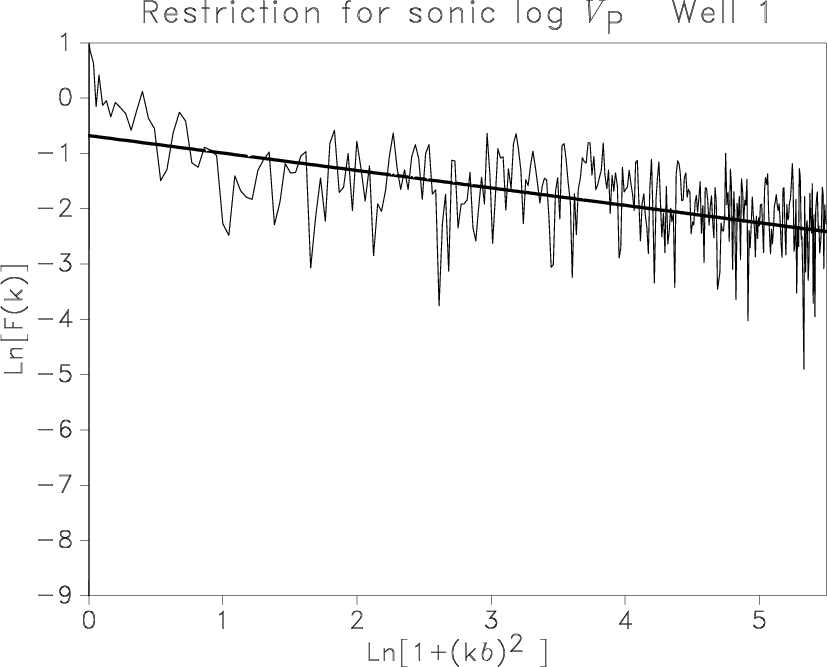Having a known maximum source code line length is a very useful thing. This way, code fragments can be automatically included into other kinds of media without breaking formatting rules. Coding standards for most large, established software projects (either open-source or proprietary) explicitly mention line length.
However, what is a good line length limit? The 80-character limit is very widespread, but how does it compare to what peoples have naturally been writing? To find out, I used a little Python script (adm/line_len_hist.py) to count line lengths for various types of files in the Madagascar code base. Pictures follow below, for all source code files (including SConstruct files) and the most prevalent file types. To my surprise, the 80-character threshold is quite relevant, and it might be worth having it as an explicit coding style suggestion on the wiki, to help new contributors!




Line lengths in Madagascar
June 21, 2009 Systems No comments
madagascar-0.9.8
June 10, 2009 Celebration No comments
A new stable release of madagascar is yet another step toward the first non-beta version (madagascar-1.0). It features new reproducible papers and many other improvements. The cumulative number of downloads for all stable versions has reached 5,500.
pens++
June 6, 2009 Programs No comments
oglpen is a new “pen” contributed by Vladimir Bashkardin. It displays Vplot files using OpenGL and GLUT and can serve as a replacement for xtpen.
vpconvert is a script for converting Vplot files to other formats (EPS, PS, PDF, PPM, TIFF, JPEG, PNG, GIF, MPEG, AVI, SVG). You can use it for converting one file
or a collection of files
Reproducible research
April 26, 2009 Links No comments
Madagascar is mentioned in Reproducible Research in Signal Processing – What, why, and how, a new paper by Patrick Vandewalle, Jelena Kovacevic, and Martin Vetterli, which appears in the latest issue of the IEEE Signal Processing Magazine and makes a strong case for reproducible research.
Stacking using local correlation
April 14, 2009 Documentation 2 comments
A new paper is added to the collection of reproducible documents:
Stacking seismic data using local correlation

pens++
March 23, 2009 Programs No comments
Meet gdpen, a new “pen” program. gdpen converts vplot files to PNG or JPEG, or GIF graphics formats (including animated GIFs). Use it like this:
or
or
Other usual options are available.
gdpen requires the GD library at the compilation time.
Several other “pens” are under development:
- cairopen – for outputting standard vector-graphics formats
- svgpen – for outputting SVG directly
- pdfpen – for outputting PDF directly
- gtkpen/oglpen – for displaying plots on a screen (as a replacement for xtpen)
How do I convert an image file to an RSF file?
March 15, 2009 FAQ No comments
One option is sfjpg2byte. It requires the JPEG library to be present at the compilation time.
Another option (suggested by Vladimir Bashkardin) is to use the convert utility from ImageMagick.
< lena.jpg convert - lena.gray echo in=lena.gray data_format=native_uchar n1=512 n2=512 | sfdd type=float > lena.rsf
or
Google Summer of Code
March 15, 2009 Celebration No comments
Michael Tobis has submitted a Madagascar application to the Google Summer of Code. Check out the ideas page.
Madagascar group on LinkedIn
March 15, 2009 Celebration No comments
The greatest strength of open source software is the community of users and developers, with fast, two-way lateral communication that enables quick learning and rapid feedback cycles. Communication between users is improved when they know each other’s backgrounds better.
To help users to better know each other, a Madagascar group was created on the LinkedIn professional networking site. Those of you who are members of LinkedIn, or are interested in becoming members, are welcome to join and to invite other Madagascar users. To keep away the ubiquitous spammers, admission to the group is subject to approval, but this will be granted as soon as possible to anybody who looks like a “real person”.
LinkedIn offers forum capabilities as well, but please note that this is not an attempt to shift communication from existing channels (mailing lists, wiki, Sourceforge bug/feature request trackers/etc). On the contrary, since social networking sites generally try to “lock-in” users, and are not open to non-users, I would strongly recommend _not_ using their discussion forums, but just using LinkedIn’s connection features to get to know each other better.
Please note that this is not an endorsement of either social networking sites in general or LinkedIn in particular. It’s just something entirely voluntary that some people find useful. For those of you who are not familiar with what LinkedIn is, a description can be found on Wikipedia.
Fractal heterogeneities and scattering attenuation
March 13, 2009 Documentation No comments
A new paper is added to the collection of reproducible documents:
Fractal heterogeneities in sonic logs and low-frequency scattering attenuation
